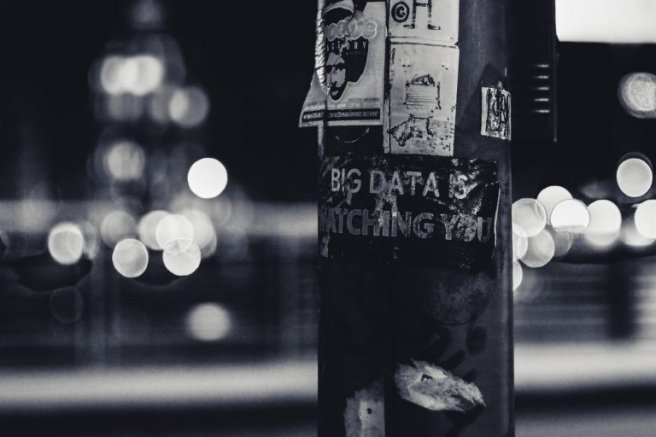Data landscapes, perceived truths

This morning I woke up and listened to the excellent BBC world service documentary ‘Dark Patterns’. It’s 27 minutes of your time, and it’s very much worth it. It will introduce you to, if you’re not already familiar with, the dark patterns of digital interface design. I’ve been teaching stuff about dark patterns for the past few years any time I got an opportunity (sadly not often these days). But I have begun to think about how I can weave this vitally important phenomenon into my academic writing work.
Facebook: likes dark patterns, but probably only came across most of them as accidents. As is reiterated in the podcast, ‘the road to hell is paved with good intentions’. The like button was a harmless way to indicate your enjoying, agreeing or simply acknowledging the worth of something. It turned into an addictive popularity count and the terror of FOMO for users. That’s only the tip of the iceberg for Facebook and data, but suffice to say, Facebook *iterated* its invention over time, in a landscape of total virgin territory. It did not plan in 2004 (as a hot or not website) to be a global behemoth of information sharing and data mining that was larger than any single nation on earth. The problems it created, often with good or at least fairly innocent intentions, have morphed into a monster of wicked tangled problems: the more you try and solve one, the more you exacerbate the others.
Wordle: I can safely bet that at least 50% who are reading this will be happily playing Wordle. It’s a data harvesting dream, with multiple opportunities to harvest demographic persona ID identifiable interactions for re-sell opportunities (not you identified personally perhaps, though that is arguable). Enjoy, but please don’t wax lyrical about the evils of Facebook while you are playing Wordle – or any other networked mass orientated innocent looking digital game.
Is Wordle built for the express purpose of harvesting data using dark patterns? Who knows, probably not. But TurnItIn is, that’s for sure. It collects *for free* every single piece of writing a student or researcher does, who is seeking certification through a partner organisation (in fact institutions actually pay TurnItIn for this privilege). It did this by managing to fool the entire global education sector into believing it was essential in the fight against plagiarism and essay farms. In fact it’s almost entirely useless. I can personally attest to this, having been sent a letter by an academic services dept specifically stating that a report from TurnItIn is not sufficient evidence to prove plagiarism (so, useless then), but that old methods like staff actually googling sections of text is required (just like 2006 then). So literally millions of £$€ is being spent on what is basically a pointless mass scale data gathering tool. Try telling that to IT departments across the world. I really, really hated giving TurnItIn my thesis. I got 25% score. Much of what TurnItIn spotted of that 25% were my own blog posts writing about my own work. Laughable.
And More
Recently I commented on a post (in a FB group) about Nick Clegg being appointed to one of the most senior positions on the Facebook board. His job is to represent FB in the imminent GDPR wars with the EU, over where Facebook data is processed. As I understand it, Facebook want to carry on using their USA based servers to host content and data and process analysis for trends and marketing etc, but the EU want all EU user data processed on EU soil. This is going to be a fascinating battle of wills between privately owned global platforms who provide multiple free services (in return for vast data harvesting), versus EU ideas about global territories and legal obligation in those territories. Its probably the first of many such issues. I argued that having Clegg so high up meant at least a European voice, someone with real intelligence who probably wasn’t unaware of the serious challenges to personal privacy etc etc. Everyone else in the comment thread just went on about propping up Tories, evil Facebook, Clegg losing his seat, CA, tuition fees. It was truly pathetic and made me realise the UK gets the politicians it deserves.
Finally
These data ownership/legal obligation issues hark back to the days of buying something ‘on the Internet’ that must mean you circumnavigated any territorial copyright claim. Of course you didn’t, but for a while it seemed like that. The Internet is a funny old thing. It has trashed many laws and practices that are now essentially rendered completely redundant, enforceable copyright was the first casualty. Data ownership and personally identifiable interactions are a totally new post digital vast challenge of modern life.
BBC Dark Patterns podcast: https://www.bbc.co.uk/programmes/w3ct3hgn